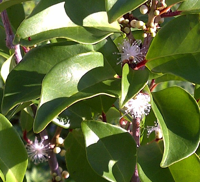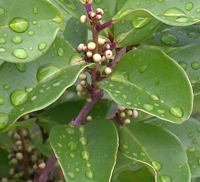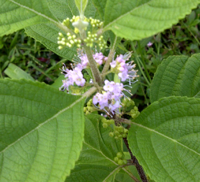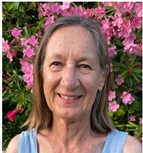- Home
- About
About



Society Information
- Name: Bermuda Botanical Society
- We are a non-profit registered charity, and rely on the voluntary and unpaid assistance from our Executive Committee, Members and the Community.
- Established: September 1985
- Registered Charity Number: 249
- Contact:
- Post Office Box 2116
- City of Hamilton HM JX Bermuda
Committee







(Exec Officer)
The Bermuda Botanical Society is run by an Executive Committee, elected each year by members at the Annual General Meeting. Any member of the Society can stand for election.
Facebook Links
2 days ago
2 weeks ago
This content isn't available right now
When this happens, it's usually because the owner only shared it with a small group of people, changed who can see it or it's been deleted.2 weeks ago
www.bgci.org
Events & Activities
Upcoming and past eventsLinks
International Year of Plant Health 2020
Plant health is increasingly under threat.
Plants are the source of the air we breathe and most of the food we eat, yet we often don’t think about keeping them healthy. This can have devastating results. FAO estimates that up to 40% of food crops are lost due to plant pests and diseases annually. This leaves millions of people without enough food to eat and seriously damages agriculture – the primary source of income for rural poor communities
Find out more at including what you can do to help. http://www.fao.org/plant-health-2020/about/en/British Virgin Islands Botanical Gardens
Brooklyn Botanical Gardens
Colorado Botanical Gardens
Mount Vernon
New York Botanical Gardens
Royal Botanic Gardens of Edinburgh, Scotland